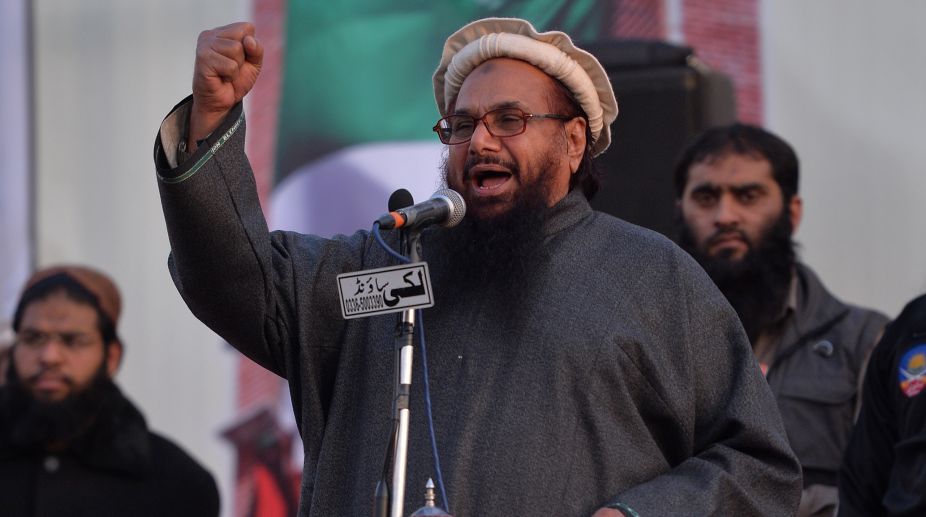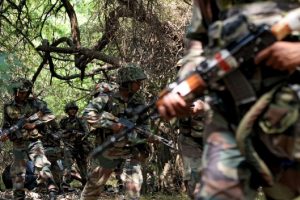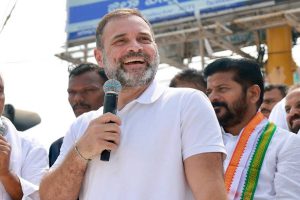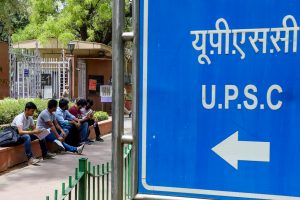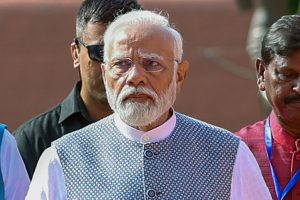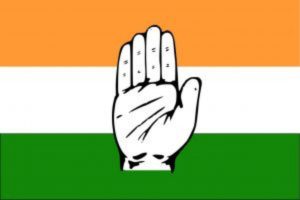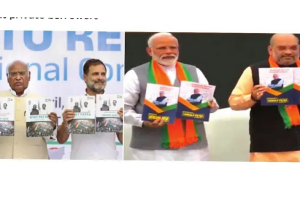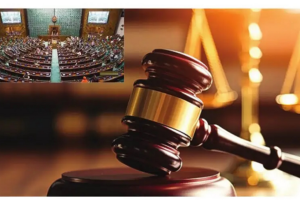The Pakistan Government has listed Hafiz Saeed, founder of Lashkar-e-Taiba, and four of his associates, under the country’s Anti-Terrorism Act, which provides for the imposition of restriction on their movements and opportunities to address the media. On 30 January, Saeed and his associates were placed under house arrest in Lahore, provoking protests from his supporters and other political parties. Saeed, in a video shortly after his detention, claimed that Pakistan was compelled to act against him because of President Trump’s cordial relations with Narendra Modi. He also described the step as an attempt to sabotage what he called the “freedom movement” in Kashmir. In an editorial, Pakistan’s influential newspaper, Dawn, said that from among the many explanations for detention and subsequent arrest of Hafiz, the obvious inference is that Washington exerted pressure on Islamabad to make it amenable to New Delhi’s demands. The paper also remarked that Pakistan has an appalling record of bringing to justice those who are wanted for terrorism here or abroad.
There is little doubt that the house arrest and the listing of Saeed under the Anti-Terrorism Act was an attempt by Pakistan to reaffirm the man’s anti-terrorism bona fides to the US administration and to dissuade Trump from adding Pakistan to the list of countries that cannot send their citizens to the United States for 90 days. Trump’s Chief of Staff had suggested that Pakistan may also be added to the list. This may have upset and frightened the administration in Islamabad, and hence this response.
Michael Kugalman of Woodrow Wilson Centre, in his article in Dawn on February 1 said some pressure on Pakistan may also have come from China. Though Hafiz does not pose a threat to China, Beijing fears that his rantings against India might jeopardize the China-Pakistan economic corridor. At present, China does not want strained relationship between India and Pakistan lest a souring of ties threatens Chinese workers and investments in Pakistan. According to the Pakistan Army, action against Hafiz was taken in the national interest.
Hafiz was branded as the mastermind behind the 26/11 terror attacks in Mumbai. The UN has declared Lashkar-e-Taiba as a terrorist organization. Hafiz was placed under house-arrest, but later released by the Lahore High Court citing lack of evidence. Under US pressure, Pakistan’s federal and provincial governments did make halfhearted appeals against these orders, but these were dismissed by the Pakistan Supreme Court due to lack of proof, despite several Indian dossiers.
Hafiz is today a very powerful man in Pakistan, running charities and educational facilities all over the country. His Fatah-Il-Insaniyat Foundation (FIF) is the largest NGO in Pakistan with vast financial and human resources. In the wake of the 2005 earthquakes in Kashmir and the 2010 floods, LeT activists had come to the rescue of the affected. It has now become a mass organization, particularly in Punjab, and its conventions draw huge crowds. It has set up up a vast religio-political training centre at Muridke near Lahore, reportedly from funds donated by Arab businessmen. Students in the academy are imparted spiritual as well as martial training. JUD, according to Mir Amir, has transformed the area between Lahore and Gujaranwala into an Islamic state.
Many in Pakistan are sympathetic towards LeT. A public opinion survey conducted by Pew in 2010 showed that 58 per cent of the respondents nationwide had an adverse impression about Taliban and other extremist groups. As regards LeT, public opinion was evenly split — 34 per cent in favour and 34 per cent against. Hafiz even runs “stealth courts” that decree punishment. It is also the rallying point of anger and frustration against India. It is difficult for the army to dump Hafiz Saeed and take firm action against him. LeT has always remained loyal to the military establishment. The consistent feature of this relationship with the army is explained by LeT’s obsession with India which resonates with that of the Pakistan military. Indeed, LeT shares with the army its Punjabi base.
Christian Fair in her book, Fight to the End, refers to the 2004 manifesto of LeT — Hum kyon jihad kar rahe hai. It concedes that the Pakistan army helps and supports LeT — “Muslims are brothers, and an organization should not target them.” In operations in Kashmir, LeT militants displayed more discipline and restraint than other terrorists and compared to other groups they were involved in fewer cases of rape of Indian-Kashmiri women. It did not resort to suicide attacks but introduced a new form of violence — the suicide missions.
The army fears that if it goes in for total confrontation with LeT, it will drive more and more of its cadres into the Pakistani Taliban as has happened with such outfits as Sipahi Sahaba, Lashkar-e-Jhangvi and some sections of Jaish-e-Mohammad. According to Stephen Tankel (Storming the World Stage), some members of Lashkar-e-Taiba did call for a revolt against the Pakistan government when Musharraf decided to side with America after 9/11. But this contention was rejected by its leadership. Lashkar-e-Taiba has remained focused on Kashmir and after the 2006 outrage in Afghanistan, it has not attacked Pakistan. Which is why the army did not feel compelled to go against it.
Pakistani officials and generals fear a mass revolt if Lashkar-e-Taiba and Jamaat-ud-Dawa used their extensive network to mobilize and foment unrest. But for all its strategic restraints in the aftermath of 9/11, Lashkar is a jihadi organization with a record of waging Pan-Islamic campaigns. India-held Kashmir may be its primary target but not the apotheosis of Lashkar-e-Taiba’s jihad. The Pakistan authorities may not be willing now to initiate firm action against LeT, but it can do something to restrain its leaders and contain its activities. But it will be difficult for Pakistan to put them on public trial because that will expose ISI’s links and support to this organization.
The writer, Senior Fellow of the Institute of Social Sciences, had served as Director-General, National Human Rights Commission, and National Police Academy.

